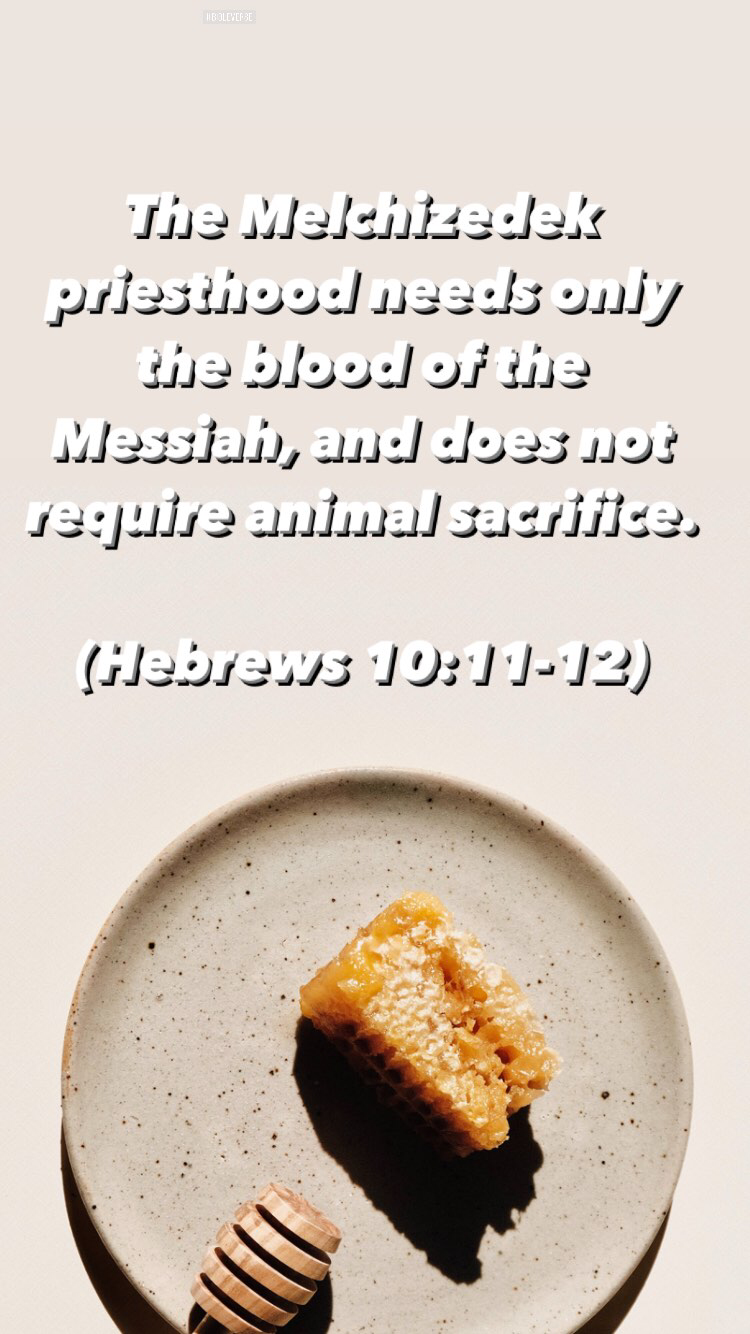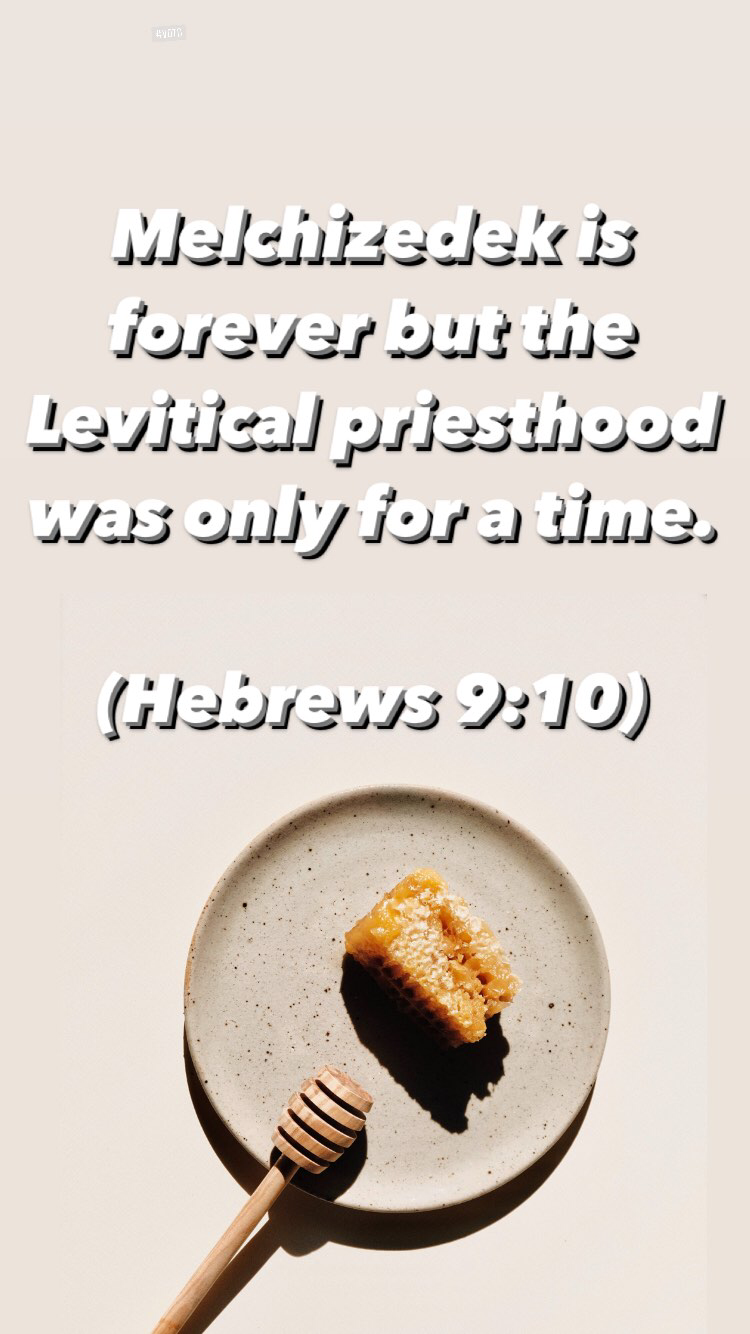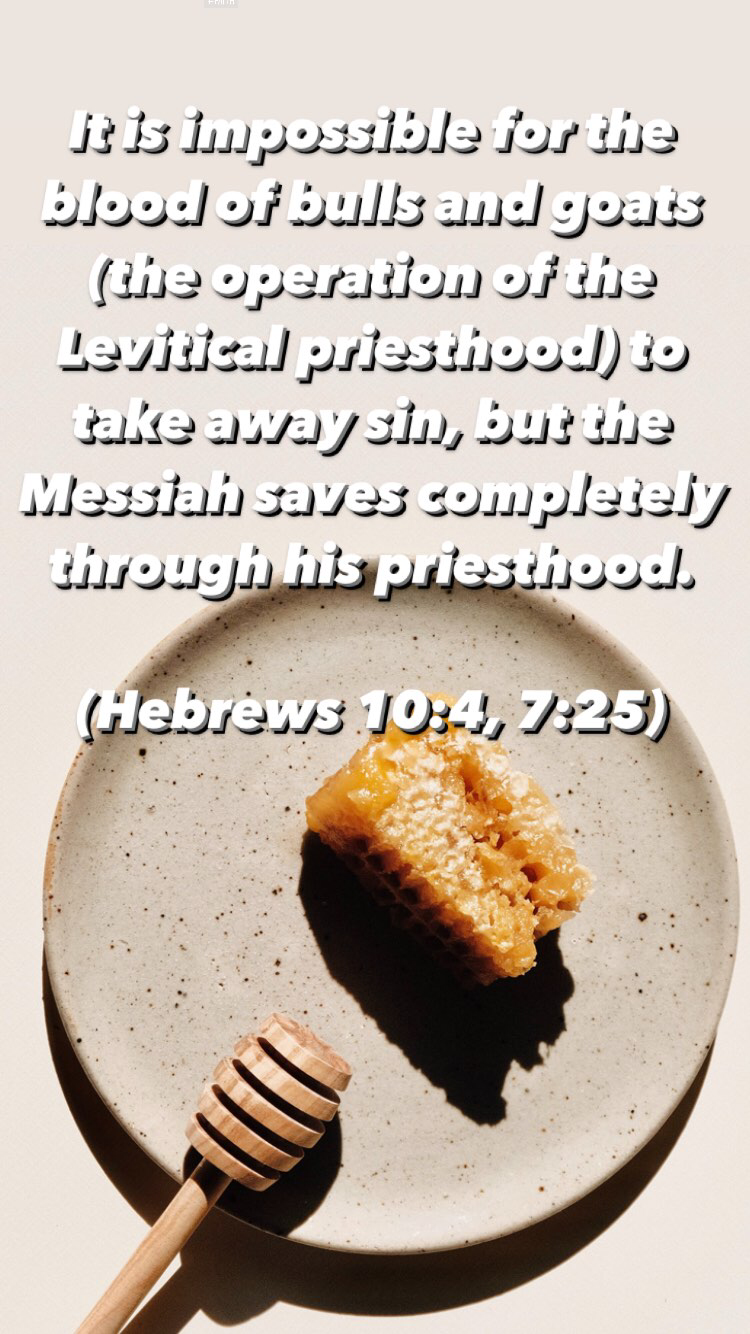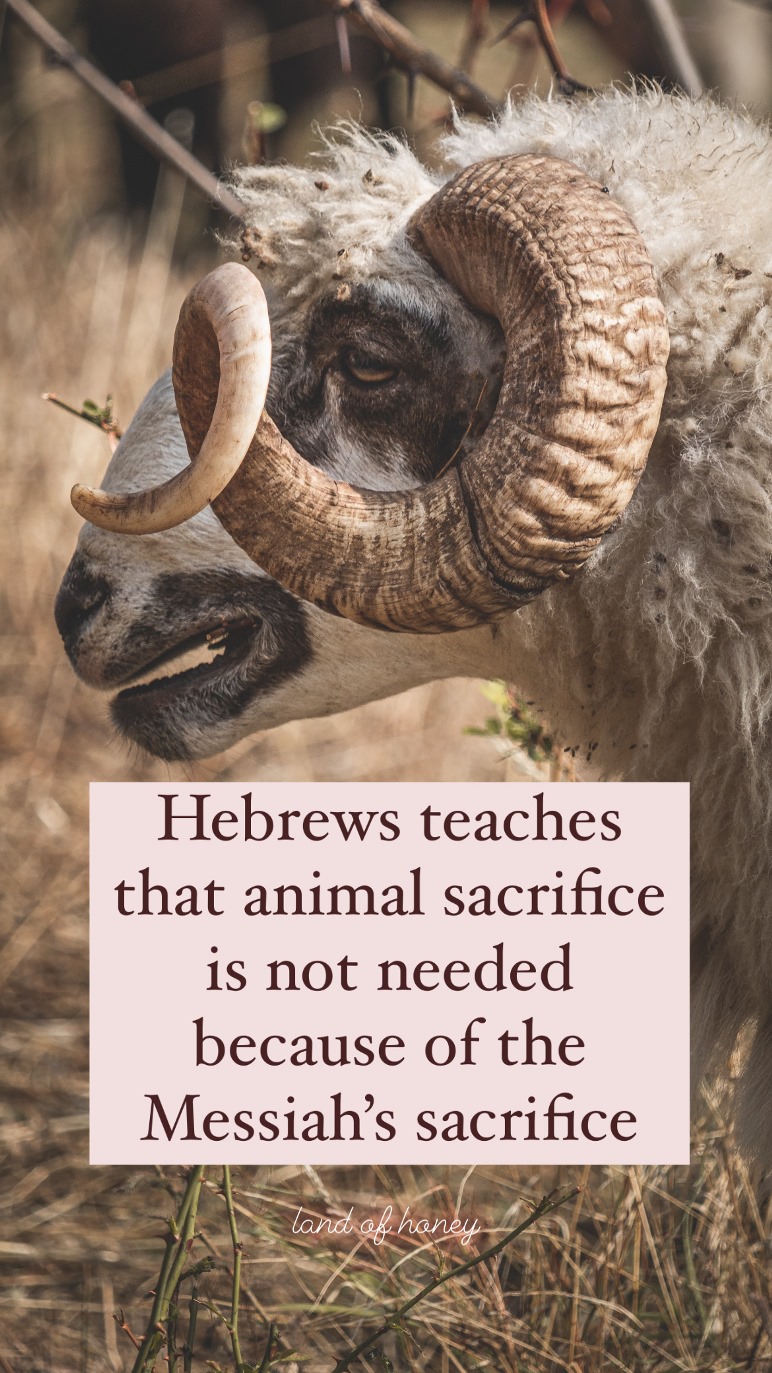The Levitical priesthood...how did it start? Was it cruel to animals? Why did God want animals to be sacrificed? Did it end? Is it forever? What is the meaning of this ancient Biblical priesthood that started in Exodus? What is the difference between the Levitical and Aaronic priesthood? Does it matter to us today?
To help us better understand the character of God, and his word, we need to understand the Levitical priesthood. What comes to mind when you think of that? I used to picture it as a foreboding and scary thing, where an angry God demanded innocent animals to be punished so that in his anger he didn't kill the people instead. But that paints an incorrect picture of this priesthood.
Note that the Levitical priesthood is sometimes referred to as the Aaronic priesthood. This is the same priesthood, under two different names. Not all Levites were permitted to serve as priests, only those who had descended from Aaron. Other members of the tribe of Levi were able to perform different duties in the Tabernacle, but not the priestly jobs. We can think of this like a staff for a professional sports team. It takes many people, from coaches to ticket sellers to trainers to travel agents to make the team 'work,' but only a few people actually get to play on the field. This was the origin of the conflict with Korah in Numbers 16. Also note that the Levitical priesthood is different from the Melchizedek priesthood.
How did the Levitical priesthood start? This priesthood was instituted after the sin of the golden calf in Exodus 32. Up until that point in Scripture, we see a different priesthood operating (such as in Genesis 14 when the priest Melchizedek appeared), and we see individuals able to perform many priestly duties themselves (such as the Passover lamb sacrifice in Exodus 12). In Exodus 19:6 it says that initially God's plan was for all of his people to be priests, but the specifications of the Levitical priesthood became necessary after the people chose to disobey Biblical law and idolized the golden calf.
YHWH then provided the Levitical priesthood as a means for the people of Israel to have relationship with him, even though they had greatly sinned. This priesthood was not a punishment, but rather meant as a gift to God's people that enabled them to continuing being part of God's family after choosing to commit idolatry and serve other powers.
Here are a few things you should know about the Levitical priesthood:
-It wasn't the first or only priesthood in the Bible.
Many people believe that the idea of a priesthood was some sort of backup plan that YHWH invented at the sin of the golden calf in Exodus 32, but Abraham encountered someone identified as Melchizedek, priest of the Most High God much earlier, back in Genesis 14:18.
-The animals were not being punished.
The most troubling idea of the Levitical priesthood for most people is the idea that animals were being suffering in our place as some sort of punishment, but this is not the case. Absolutely nowhere in Scripture is there a verse about the animals that were sacrificed being punished or being treated cruelly.
-The animals that were sacrificed were then eaten by priests.
The Levitical system did kill plenty of animals, but we need to understand the context of this. Most of the animals were then eaten by the priests and their families. We often imagine that the animals were killed and then burnt up entirely, as if God was saying, "These animals are going to die for no reason now," or "These are just for me, I don't care about providing for my people." Their sacrifice wasn't just for God's benefit, the entire tribe of Levi was fed and provided for this way. With that in mind, the Levitical priestly order seems much less draconian. If we wouldn't hesitate to eat meat today, we certainly can't object to this system where what is sacrificed then gets to benefit others.
-The priests did things besides kill animals.
There was a lot more to the happenings in the Tabernacle, and later the Temple, than just animal sacrifice. Grain, oil, and wine were also offered to YHWH, as well as incense. Levites were tasked with caring for the Tabernacle and doing things like baking the showbread offering. Priests were also responsible for checking for signs of leprosy, and going to homes if there were problems with mold, and giving directions for cleansing. The Levitical priesthood was connected with the liberation of debt and restoration of land in the Jubilee year. They settled disputes between others. Significantly the priests were tasked with teaching the difference between the common and the profane, and often read Scriptures to the people as a mean to teach them God's word and law. Most importantly, the priests sang songs of praise and thanks to YHWH each morning and evening.
-It didn't last forever.
And it wasn't supposed to either. Many people insist that animal sacrifice and the priesthood of Levi will continue into eternity, but that overlooks a heavy truth. The Levitical priesthood stopped operating nearly 2,000 years ago. It certainly wasn't functioning after the Romans burned the Temple in 70 AD, but honestly, it wasn't operating the day Jesus died. I don't mean that in an abstract sense. Even if we consider Caiaphas to be the legitimate high priest (which is a stretch), the tearing of his robes disqualified him from officiating that year's Passover sacrifice (Leviticus 21:10). And that's to say nothing of addressing corruption and idol worship that Ezekiel and other prophets talk about happening in the Temple system. Instead of literally forever, the Levitical priesthood was always supposed to be for a set time and purpose. It's simply not appropriate to translate the word 'olam' used in Exodus 27:21 and other passages to mean for all time or eternity, when that hasn't been the case.
-It was a foreshadow of the Messiah.
Hebrews 10:1 tells us this, and we see this played out by the Messiah. Jesus called his body the true Temple, and said that he was bread and light - references to the showbread offering and the lit menorahs in the Tabernacle. We also know that he cleansed lepers, and their was a cleansing pool at the Tabernacle. The actions of the priests and how the services were operated all have analogies to the Gospel.
-It was not the end-goal of God's plan.
This is not to say that it didn't work as YHWH expected it to. It was simply a temporary means for the people to have relationship with him, even as they were under the powers they had idolized. The Messiah's death was able to truly set the people free from the sin of idolatry, and God once again calls all people to be part of the Messiah's Melchizedek priesthood. Because this was the goal all along, this is why the New Testament references changes in priesthood, and "the old fading away" (Hebrews 8:13).
-It is not the priesthood of the Messiah.
Psalm 110 and the book of Hebrews tell us that the Messiah's priesthood is of the order of Melchizedek. This means that while Jesus is now the High Priest, he is not directing operations for the return of the Levitical system with its animal sacrifices and so forth. The Messiah's priesthood is different in that all his followers are called to serve as priests (unlike the Levitical system which was limited to males of a certain age within a certain family line), and that instead of needing to slaughter animals over and over, his death was once and for all.
There is a lot to learn about the significance of the Levitical priesthood in the Bible! The New Testament tells us that all of Scripture is useful for teaching about God, and that includes the instructions and details he gave about the Tabernacle operations. Many things about this priesthood point to or foreshadow the work of the Messiah and the promises of God. We can be grateful that YHWH used this as part of the story of Israel's redemption, even as we are now under the Messiah's Melchizedek priesthood.
Related posts:
Key Differences Between the Melchizedek and Levitical Priesthoods
Why We Don't Sacrifice Animals
Understanding the Book of Hebrews




























